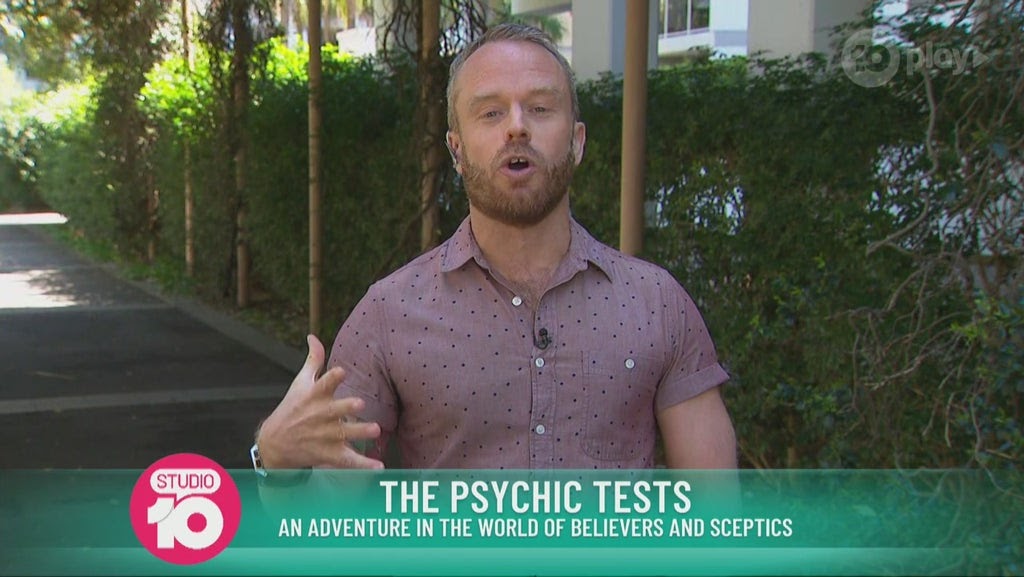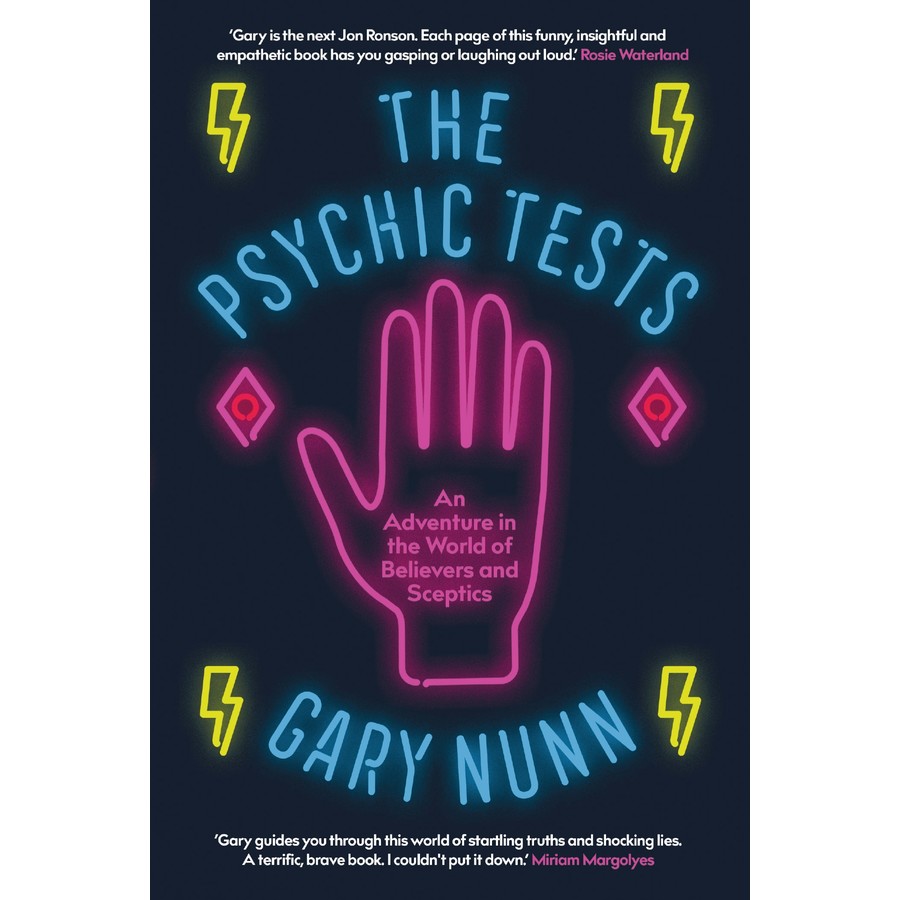
The paranormal - is it the new normal?
I don’t believe in the existence or ability of spirits, psychics, or astrology, but should I try and understand better those who do?
It’s a delicious and divisive question raised by a new book that has got me thinking about superstitions… and maybe you too.
It’s especially relevant as the uncertainty and lack of control highlighted by COVID may have driven more of us to rely on divination, as opposed to data, in our decision making.
While I am interested in the paranormal, I’m far more curious about those who choose to believe or even allow it to influence their decisions.
Prominent persons ranging from escapologist Harry Houdini to Sherlock Holmes writer Sir Arthur Conan Doyle and even sceptical magician James Randi failed to find any proof of such phenomena.
Now Australian-based fellow journalist Gary Nunn has added to the debate with his new book The Psychic Tests — an adventure in the world of believers and sceptics.

I interviewed Gary on my community radio show, listen here 15 mins in, and he asked the question: is there any difference between believing, as many do, in the miracles of Jesus instead of the powers of a faith healer?
To quote from the book’s blurb: “Gary’s sister Taren consults mediums to process grief after a death in their family. Gary, concerned she’s being exploited, remains sceptical. When he reports on a clairvoyant’s link to a huge stockbroking firm collapse, personal questions become professional. Why do so many surprising people believe?”
As reporters, we often rubbish and shame those gullible enough to swallow such guff and sometimes for good reason as they can hurt as opposed to help people.
But where does the person with second sight sit when they claim they can help in the search for a missing child?
I have first-hand TV experience in such a case involving a dubious medium. She assured the grieving parents their son had not drowned on a missing yacht but was alive and well on a desert island.
Needless to say, he was never found, and maybe it comforted his parents to at least believe he was still alive out there (perhaps they still do?) But money could have changed hands, and there might have been a futile search even in the wrong direction etc.
Gary’s book confronts such issues, including a hilarious and true story about a well-paid executive who used a clairvoyant for crucial business decisions. And remember Ronald and Nancy Reagan had their own White House astrologer in secret - one Joan Quigley - before she was outed in 1988.
Surveys suggest belief in the paranormal is significant. The lockdown has highlighted faith in various minority belief systems, such as anti-vaxxers, so that COVID might have had an effect.
So, do you wonder why many seem to believe in them without getting into IF you believe in such things or not? And if so, what’s the best way to engage with them? Respect their beliefs or rubbish them?

